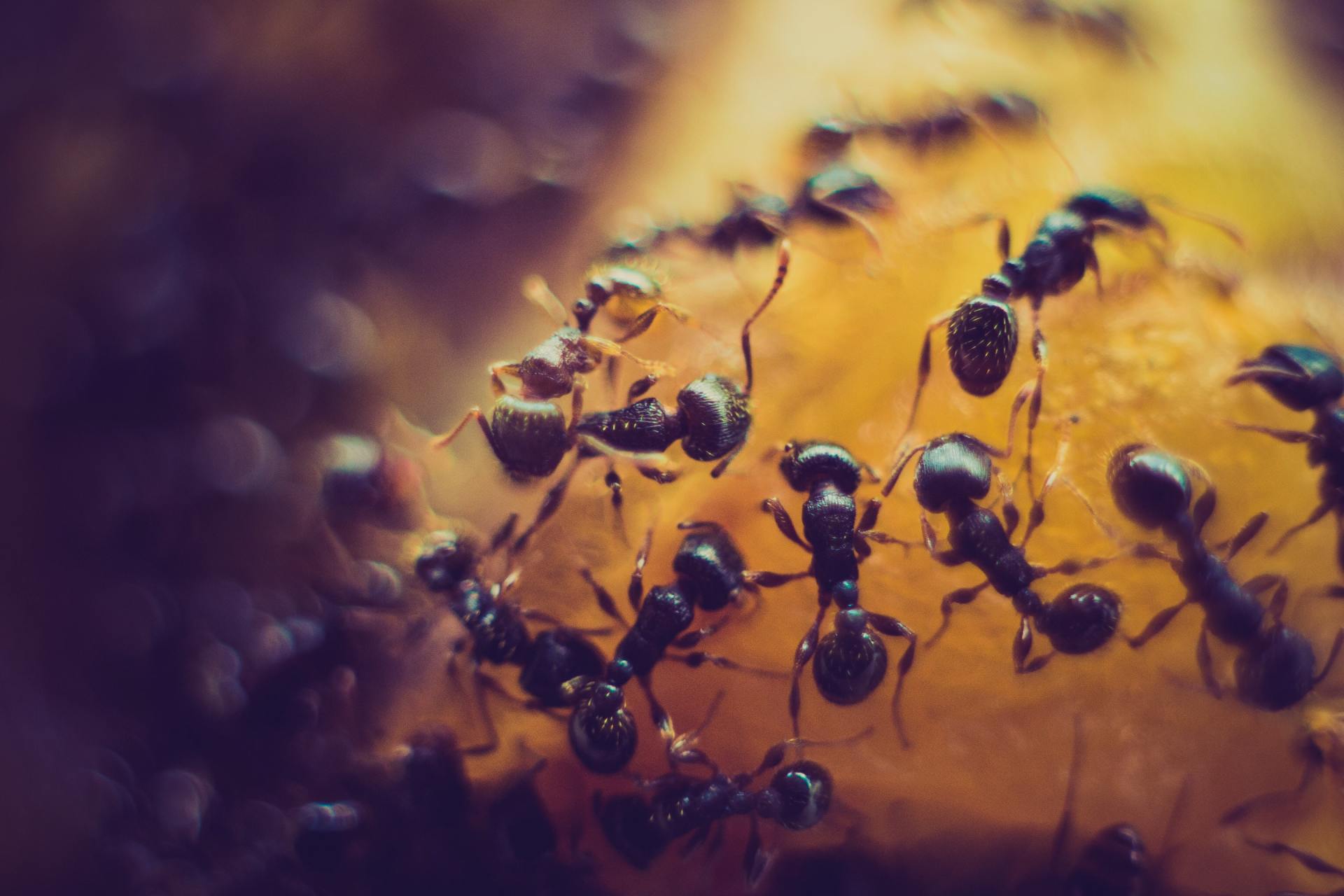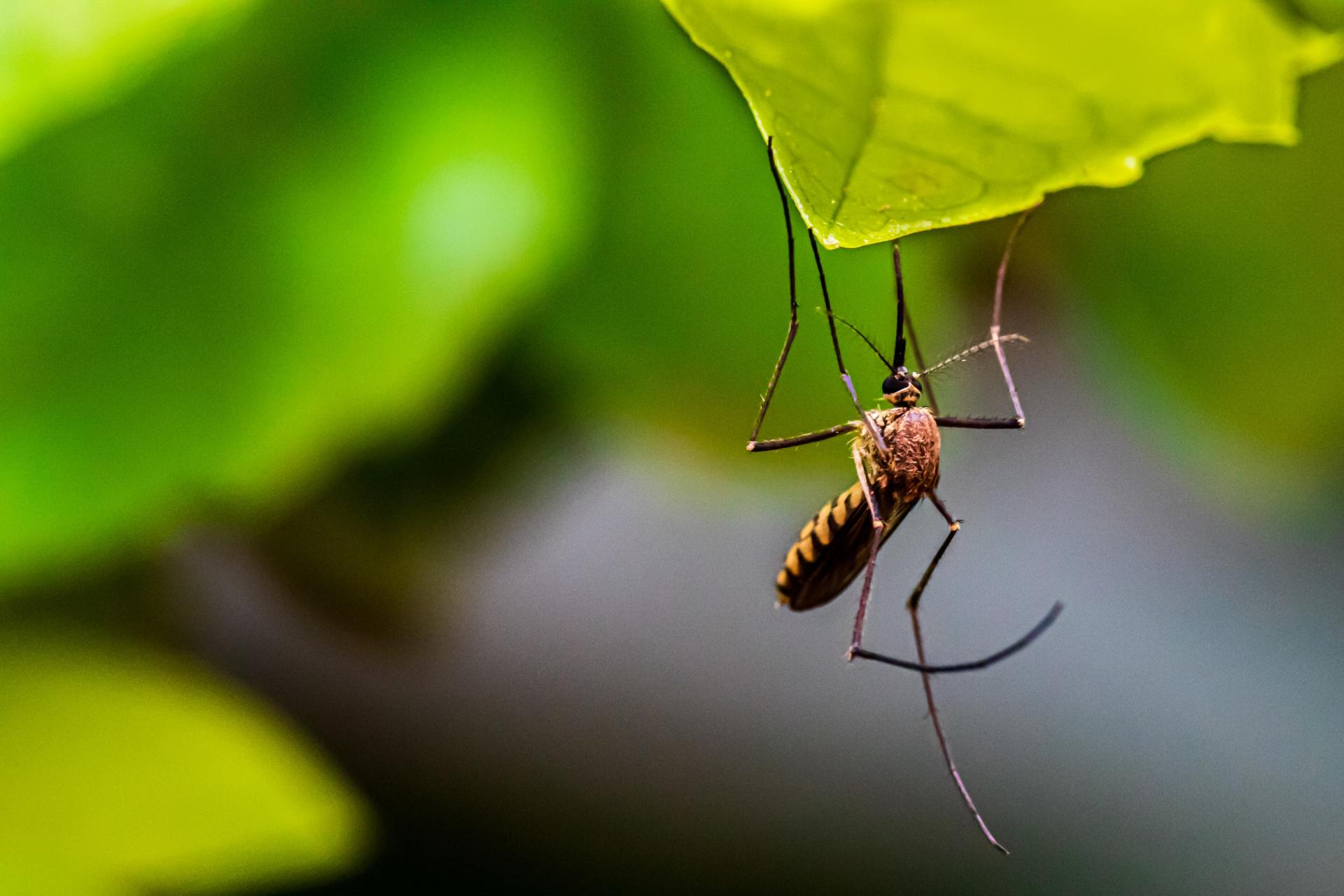Sealing Your Home to Keep Pests Out
Sealing your home can make a dramatic difference in how many pests you see inside!
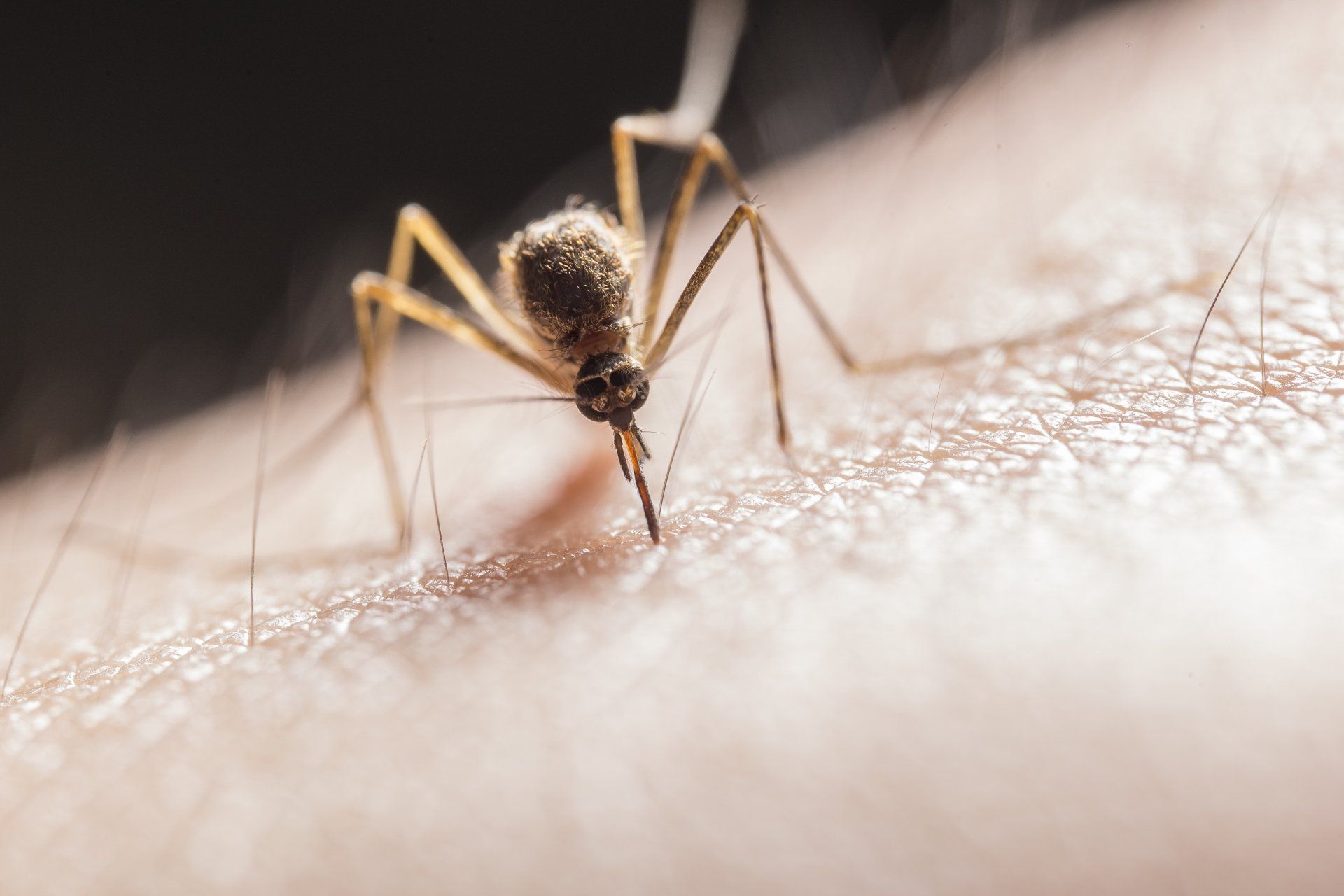
Sealing Your Home to Keep Bugs Out
Winter is the perfect time to start thinking about sealing your home to keep bugs out. Not only does sealing your house help keep cold air out, but it also prevents creepy crawlers from entering your home. Here, we’ll discuss the various ways you can seal your home to ensure that bugs stay out for good.
What Types of Bugs Can You Keep Out with Sealing?
When it comes to your home, it’s important to remember that even the smallest of cracks or crevices can create an easy entrance for a variety of bugs. From spiders to flies, ants and more, all sorts of pesky critters have the potential to invade your living space. That’s why it’s so important to seal any open areas around windows, doors, and other areas of your home. Doing so will help to keep out these common household pests:
Container-Dwellers
Sealing your home is a great way to keep out pesky container dwellers such as ants, roaches, and silverfish. All of these bugs can easily squeeze their way through small gaps and cracks around windows, doors, and baseboards. Sealing up these areas with caulk or weather stripping will keep these pests out so that you don't have to worry about seeing them crawling around your home.
Wood-Borers
Another type of bug that you can keep out with sealing your home is wood borers such as termites and carpenter ants. These bugs are attracted to moist wood and can easily find their way into your home if there are any gaps or cracks in the foundation, walls, or ceiling. By sealing the exterior of your house with caulk or foam insulation, you can prevent these pests from getting in and causing damage to your home.
Flying Bugs
Sealing your home is also a great way to keep out flying bugs like flies, mosquitoes, and wasps. These bugs can get in through open windows or doors, so making sure these areas are sealed properly is essential for keeping them out. Using window and door screens is also a great way to make sure that only fresh air gets into your home without any unwanted bugs!
What Are the Benefits of Sealing Your Home?
Aside from keeping bugs out, there are a variety of additional benefits associated with sealing your home:
● A Healthier Home – Sealing your home for bugs helps prevent many potential health issues by keeping out a variety of dangerous pests and allergens. This way, you and your family can breathe easy knowing that you are in a safer, healthier environment.
● Cost Savings – Sealing your home for bugs means that you are taking proactive steps to prevent potential infestations. This can mean substantial savings on costly extermination fees and repairs, as well as unnecessary medical bills due to illnesses resulting from bug bites.
● Peace of Mind – By ensuring that all possible entry points are sealed up tight, you can rest easy knowing that you’ve taken the necessary steps to keep your family safe from disease-carrying and allergen-inducing pests.
● A Cleaner Home – Sealing your home means that there will be fewer food sources, hiding places, and entry points for bugs. This reduces the amount of mess that they can make in your home, helping it stay nice and tidy.
● No More Stress – Having fewer pests in your home means less stress for you and the rest of your family. No longer do you have to worry about the risks that come with having a bug problem – now, you can enjoy a peaceful, bug-free living environment.
What Kinds of Methods Should You Use for Sealing?
When it comes to sealing your home, you want to make sure that you’re using the right methods for the job. The most commonly used methods include:
Seal Gaps Around Windows and Doors: To seal bug entrances, use caulk, foam, or weatherstripping to fill in any gaps and holes.
Install a Door Sweep: Attaching a door sweep is an effective way to stop crawling bugs from entering your home. Door sweeps are made of different materials such as vinyl, foam, or brush and help to create a barrier between the door and floor.
Seal Around Vents and Other Openings: To protect your home from flying and crawling pests, seal around vents, exhaust fans, and any other openings around your home with foam or caulk.
Apply Insect Repellent to Doors and Windows: Applying insect repellent to doors and windows can be a great way to deter bugs from finding their way into your home. Many insect-repellent products are available and can provide protection for months at a time.
Where Should You Look for Spaces That Need Sealing?
When it comes to finding areas that need sealing around your home, it can be difficult to know where to start. A good place to begin is by taking a thorough look around all windows and door frames in your house.
In addition, you should also check all other areas that could provide an easy entrance for bugs, such as openings for vents or electrical wires as well as any gaps between walls and floors. Once you've identified all areas needing sealing, you can move on to the next step.
How Do You Apply Caulk or Spray Foam Insulation?
The key to applying caulk or spray foam insulation effectively is prepping the surface area before application. Make sure that any dirt, dust, or debris is removed from the area before moving on.
Once the area has been prepared appropriately, you can begin sealing. When applying caulk, you'll want to use a caulking gun along with a steady hand to ensure an even line of application while avoiding any messes or spills. With spray foam insulation, it's important that you use caution when spraying near surfaces, as the material can easily expand too much if not applied carefully.
Should You Seek Professional Help with Sealing Projects?
When tackling any kind of sealing project in your home, it's always best practice to seek professional help when necessary. If your project requires power tools or other potentially dangerous equipment, it's best not to take any risks and instead hire a professional who has experience with home sealing projects. In addition, many professional contractors will also be able to inspect hard-to-reach areas of your home before beginning work to ensure that no cracks or crevices are left unsealed.
Conclusion
Sealing your home is an important task that should be done on a regular basis in order to keep bugs out and improve energy efficiency as well as air quality inside your house. With the right materials and proper application techniques, you can keep critters from invading your living space while also creating a more comfortable environment throughout the year. Lastly, seek professional help if needed since sealing projects can involve potentially dangerous tools and hazardous materials if done incorrectly.
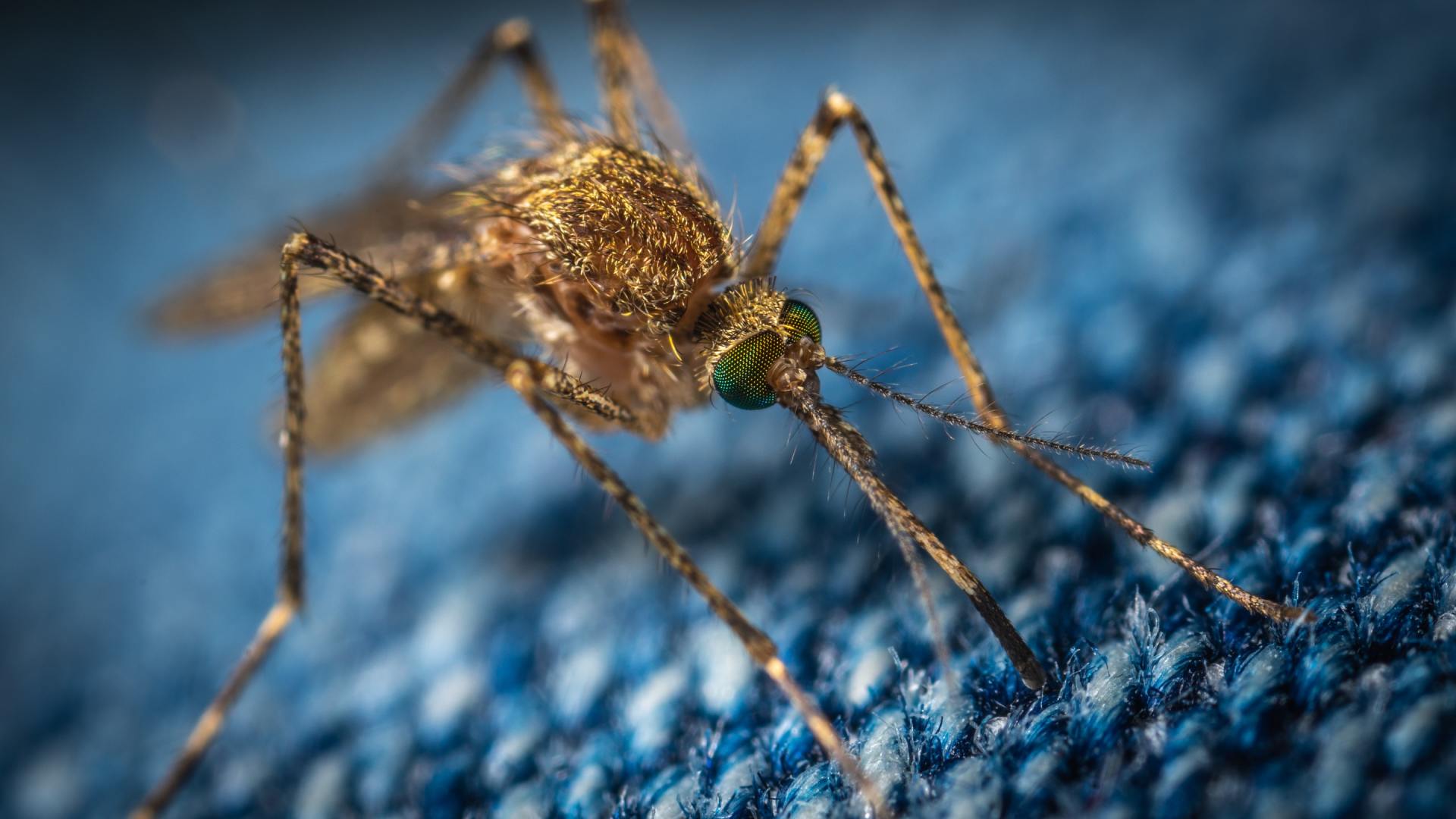
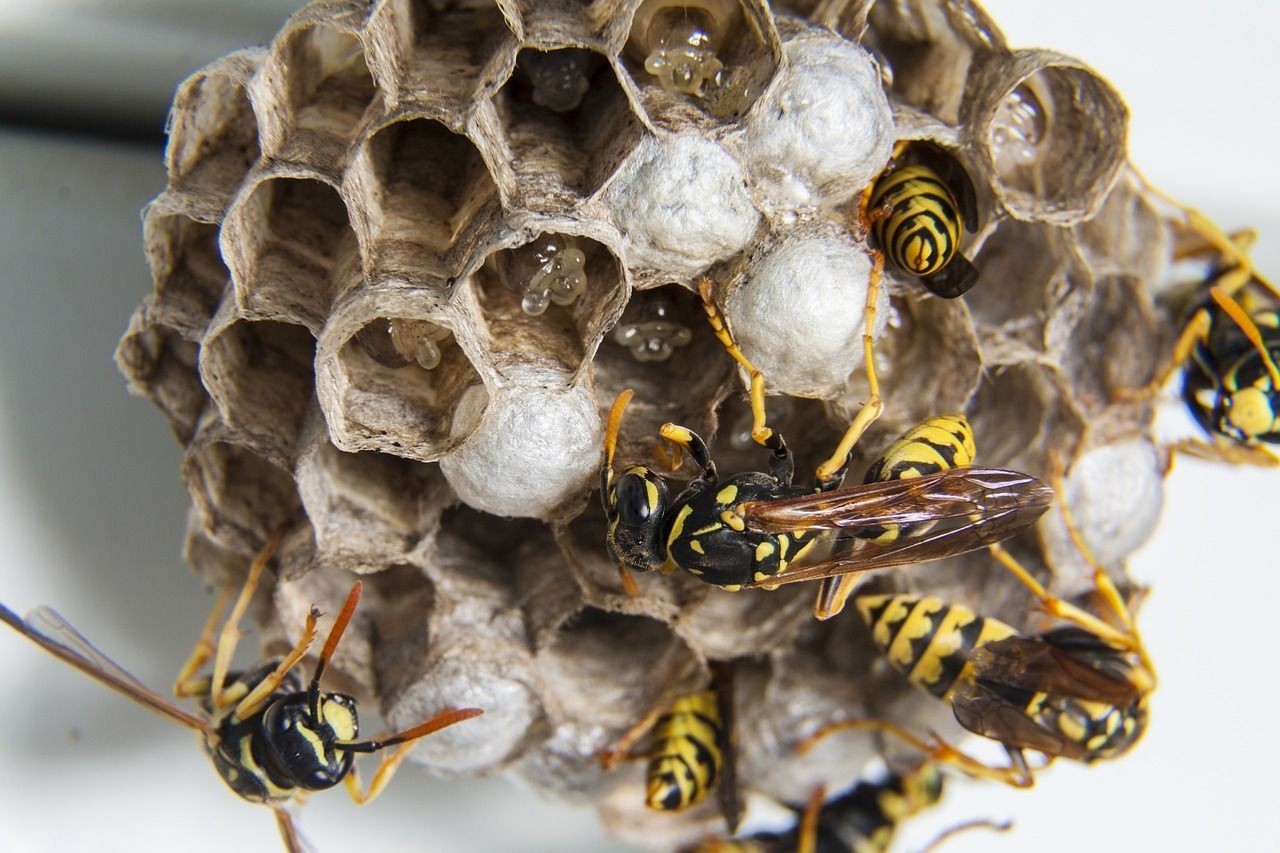


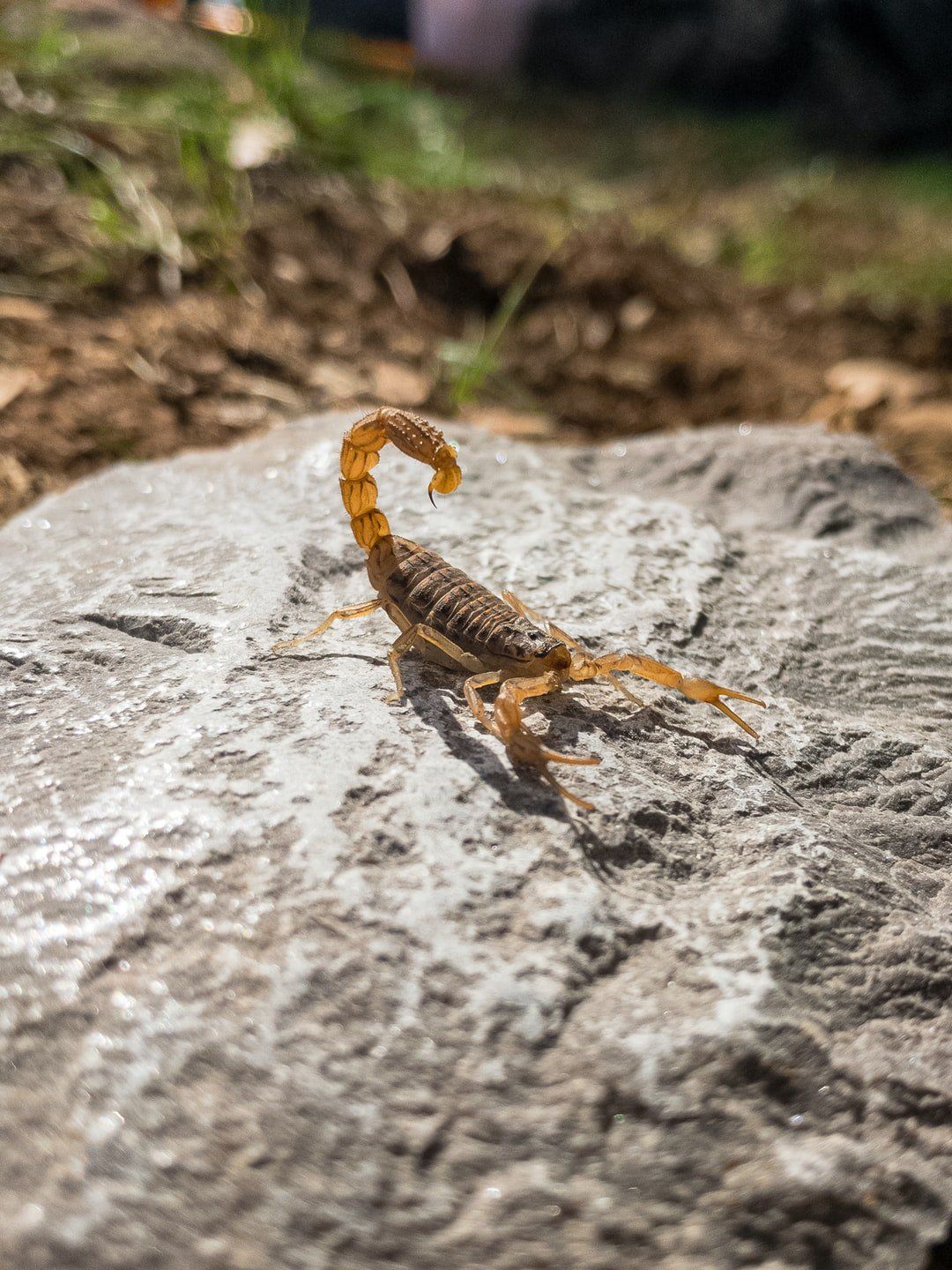


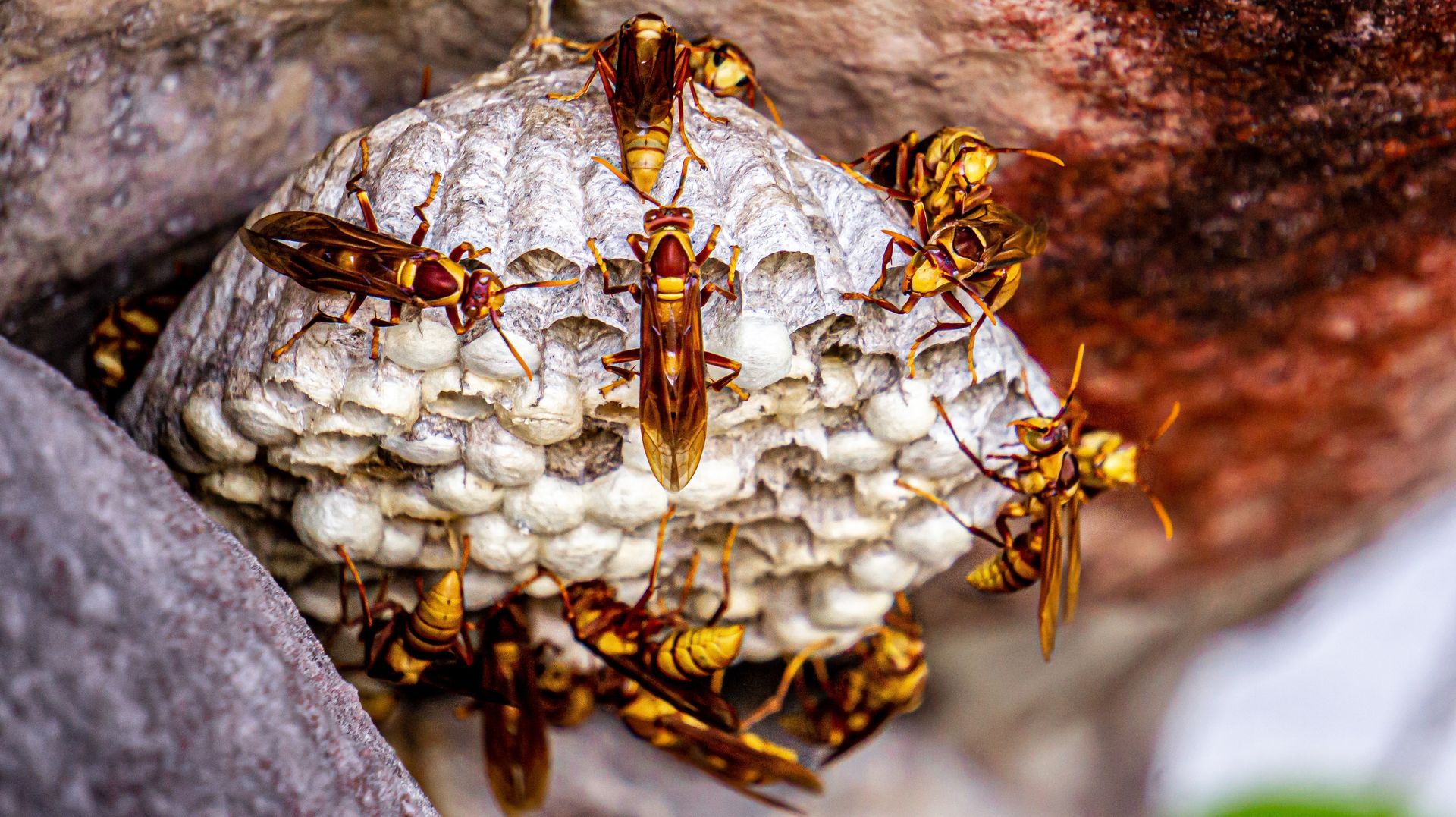
All Rights Reserved | Privacy Policy
